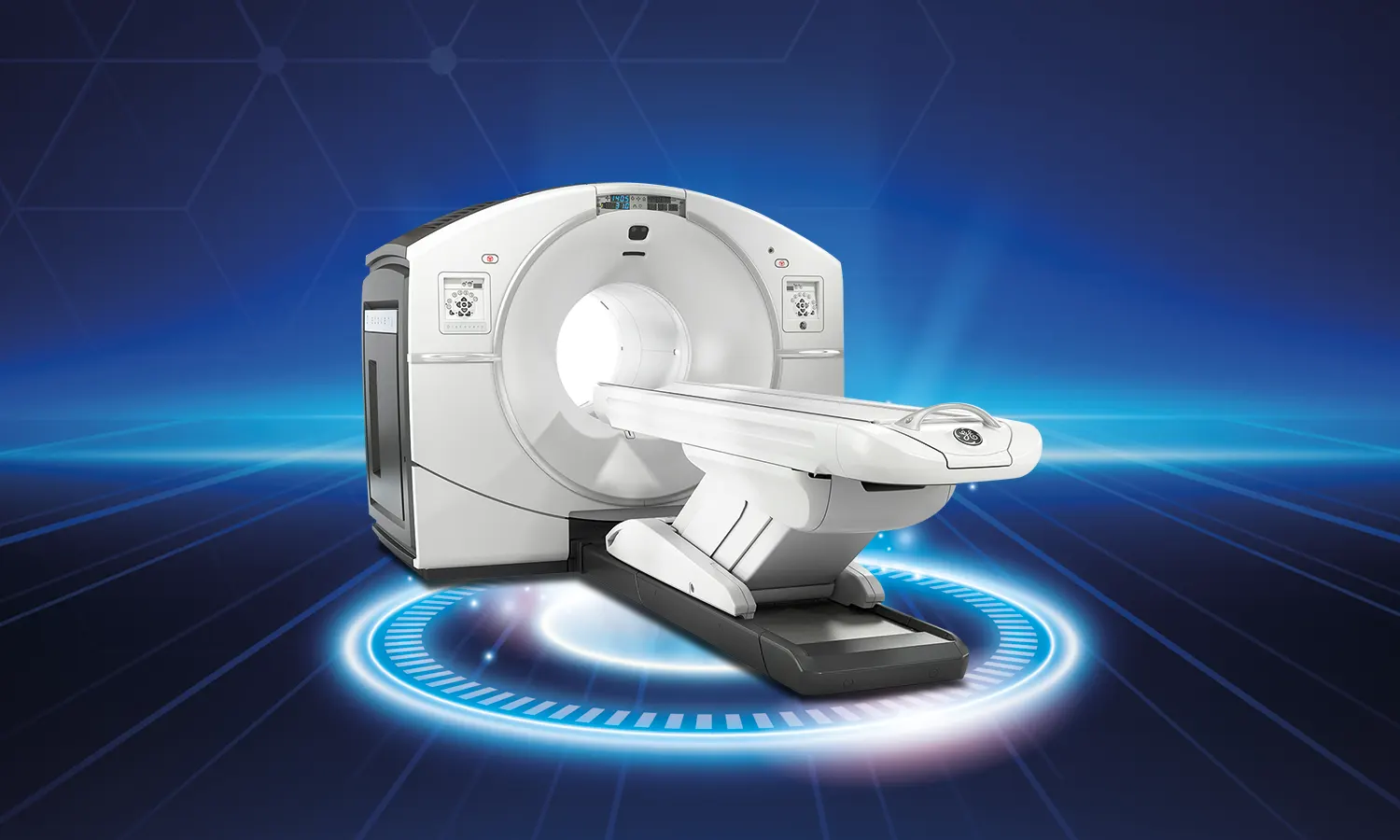- Call Today +90 537 762 59 24
- Open Hour Open 24 Hours

All diseases manifest through intricate biochemical changes in their nascent stages, often preceding the onset of structural abnormalities. At this critical juncture, Positron Emission Tomography (PET) emerges as an invaluable diagnostic tool, capable of detecting abnormal biochemical activities before overt structural disorders manifest. This is particularly pivotal in the early stages of diseases, where intervention and understanding are paramount.
The integration of PET with Computed Tomography (CT) into a single, high-tech imaging system known as PET/CT marks a significant leap in diagnostic capabilities. This tandem approach provides a comprehensive understanding of both metabolic and anatomical aspects, offering a more nuanced insight into the nature and progression of diseases. Notably, these cutting-edge PET/CT systems have been engineered to optimize the use of PET imaging agents and reduce CT doses, thereby minimizing the overall radiation exposure experienced by patients.
In the realm of oncology, PET/CT has become a cornerstone in the diagnostic landscape. Its multifaceted applications span early diagnosis, staging, and restaging of various cancer types. Beyond this, it plays a pivotal role in predicting the trajectory of the disease, aiding in treatment decision-making. The ability to monitor and evaluate responses to treatment is instrumental in tailoring interventions to individual patient needs.
One of the distinctive features of PET/CT lies in its capability to perform simultaneous whole-body screening. This is particularly advantageous in determining the extent of disease spread to other organs, offering clinicians a holistic perspective on the patient's condition. The utility of PET/CT is not confined to oncology; it extends to cardiovascular diseases, neurological disorders, and psychiatric conditions. In the context of heart diseases, PET/CT provides insights into myocardial perfusion and viability, aiding in comprehensive cardiovascular assessments.
Moreover, PET/CT serves as a guide in neurology, assisting in the localization of brain lesions and contributing to treatment planning. In the realm of psychiatry, it has proven valuable in elucidating the neurochemical aspects of various mental health conditions.
The significance of PET/CT extends beyond initial diagnosis. It serves as a crucial tool in post-treatment assessments, helping clinicians ascertain the presence of active disease and evaluate the effectiveness of interventions. This nuanced approach towards monitoring and understanding diseases exemplifies the transformative impact of PET/CT in modern medical diagnostics.
© 2026 Copyright by Private Koru Hospital. All rights reserved.
